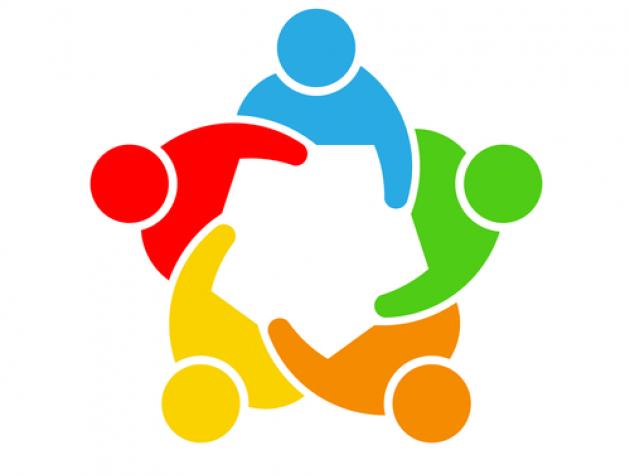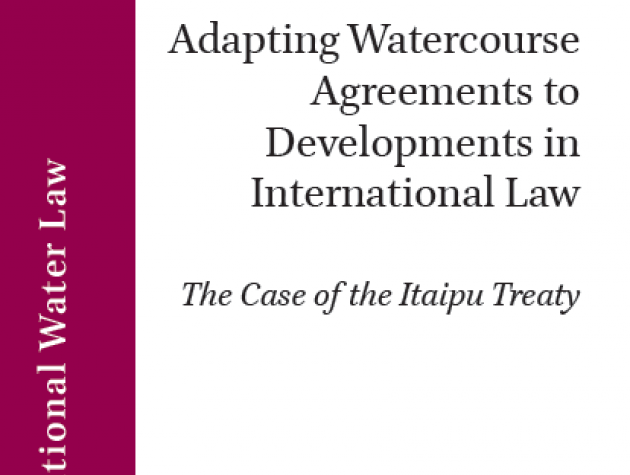How to Ensure Women’s Access to Justice as the UN Draws Down its Mission in Liberia
Despite improvements in the criminal justice sector, most girls and women who are victims of rape, domestic violence, and other forms of gender-based violence (GBV) in Liberia struggle to get formal justice. This is partly due to a capacity gap in the police force and the courts, and the corruption in these institutions. The drawdown of the UN Mission in Liberia (UNMIL) threatens to exacerbate these problems and to increase the barriers to justice for girls and women. This situation can only be prevented if the current government, and the one that succeeds it next year, make GBV and survivors’ access to justice a policy priority.
- The executive branch of the government should allocate the funds needed to build the capacity of personnel of the police force and the courts
- The executive branch of the government should improve the conditions of service for police officers
- The Liberia National Police and the Ministry of Justice should sanction personnel who adopt unethical practices and reward those who show a commitment to investigating and prosecuting GBV with regard for the rights and wellbeing of complainants
- The Liberia National Police and the Ministry of Justice should intensify their collaboration with women’s and other human rights NGOs to train personnel of the police force and the courts and to ensure that survivors of violence receive comprehensive support
GEG Medie PA Feb2017.pdf0 bytes







